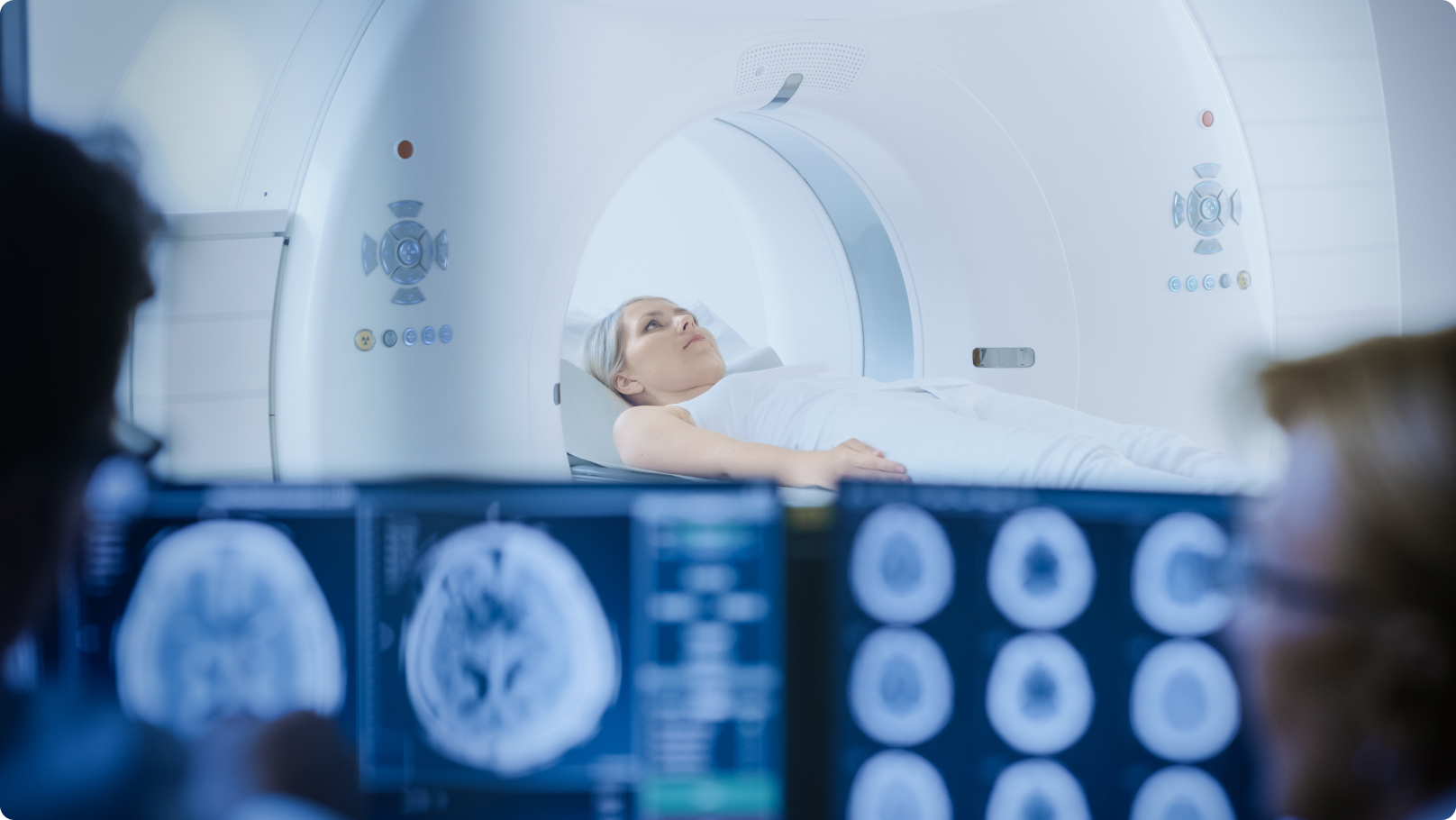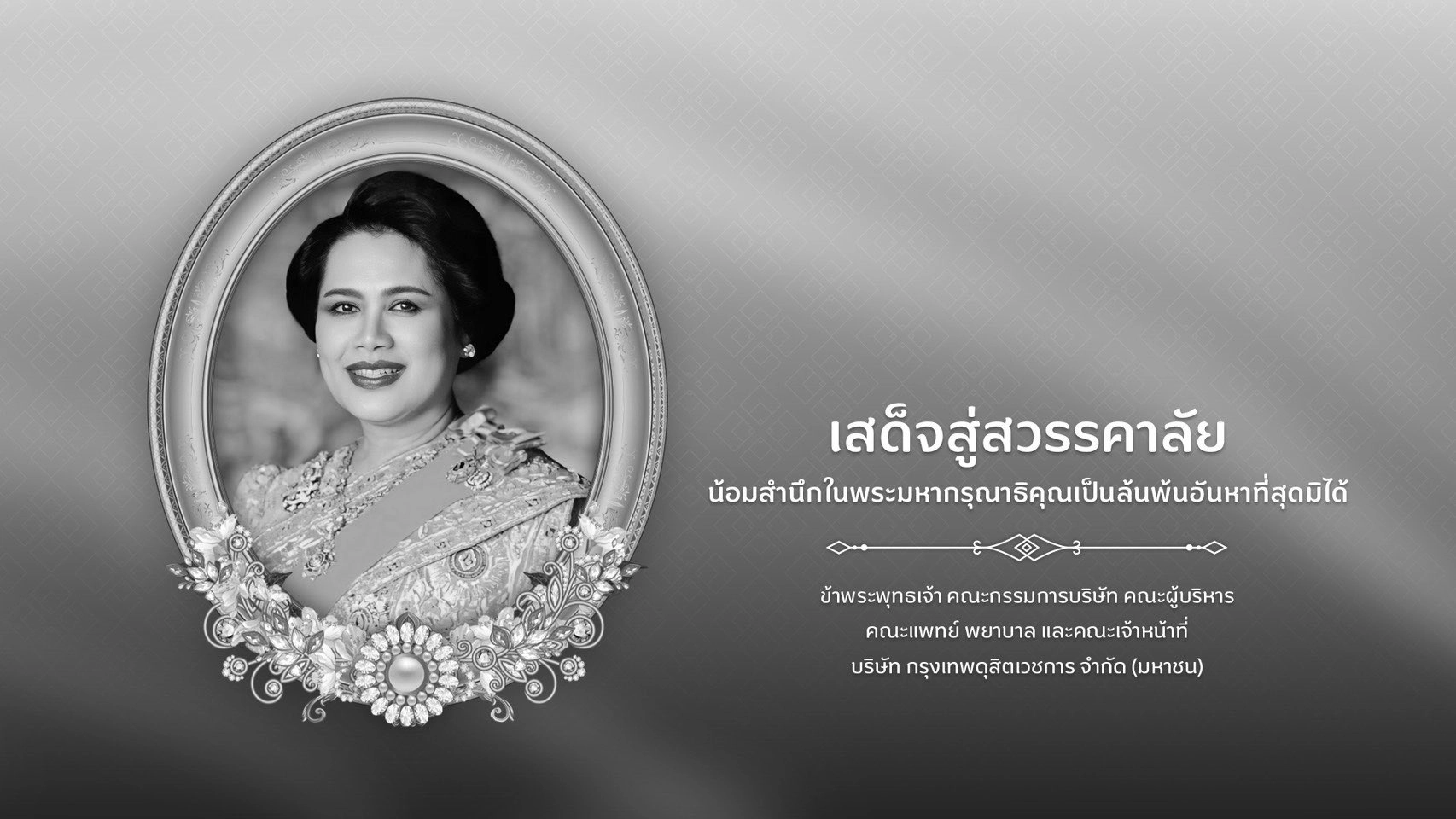Magnetic Resonance Imaging (MRI)
MRI or magnetic resonance imaging is a medical device used to examine internal organs without inserting any part of the device into the body (noninvasive equipment). The working principle of MRI relies on the reaction of electromagnetic waves and radio frequency with proton particles in the components of each tissue. This reaction produces an image signal, which is converted into an image of the internal organs by a computer system. Magnetic resonance imaging (MRI) is an X-ray-free tool because it does not use X-rays to generate an image signal of internal organs.
Preparation Before Examination
• Abstaining from water and food 4 hours before the examination, depending on the type of examination.
• Changing to wear clothes that the department has prepared for you.
• Removing dentures, hearing aids, and all metal jewelry, and storing in the storage space provided by the department.
• Getting all coins, credit cards, ATM cards, and telephones out of your body.
Prohibited cases for heart MRI examination are pregnant women, patients with medical equipment made of metal embedded in the body such as a stimulant and defibrillator, insulin pump, and patients with fear of narrow spaces. The part that must be considered on a case-by-case basis is such as patients with certain types of prosthetic heart valves, nerve stimulator, and patients with stent insertion.
MRI Examination Process
- The patient will be explained the procedure before the examination.
- When the patient agrees to be examined, the patient signs a consent form to be examined.
- The patient is to lie on his back on the examination bed, set the posture correctly according to the examination standards, and attached a tie bar to prevent the patient from moving out of position.
- Attaching the ECG cable to the patient's left chest and attaching a breathing tube to the patient's abdomen and heart rate monitor.
- Informing the patient that during the examination the patient may be asked to hold his breath several times, approximately 15-20 seconds. The patient will be trained to hold his breath before the examination.
- Patients undergoing an MRI examination in the type that requires injection of contrast media and the injection will be given an open vein for injecting contrast media and/or drugs.
- Patients undergoing an MRI examination in the type that requires injection of contrast media will be informed to have blood drawn for a function test of the kidneys before considering the injection of contrast media.
How long does the examination take?
On average it takes about 45-90 minutes.


